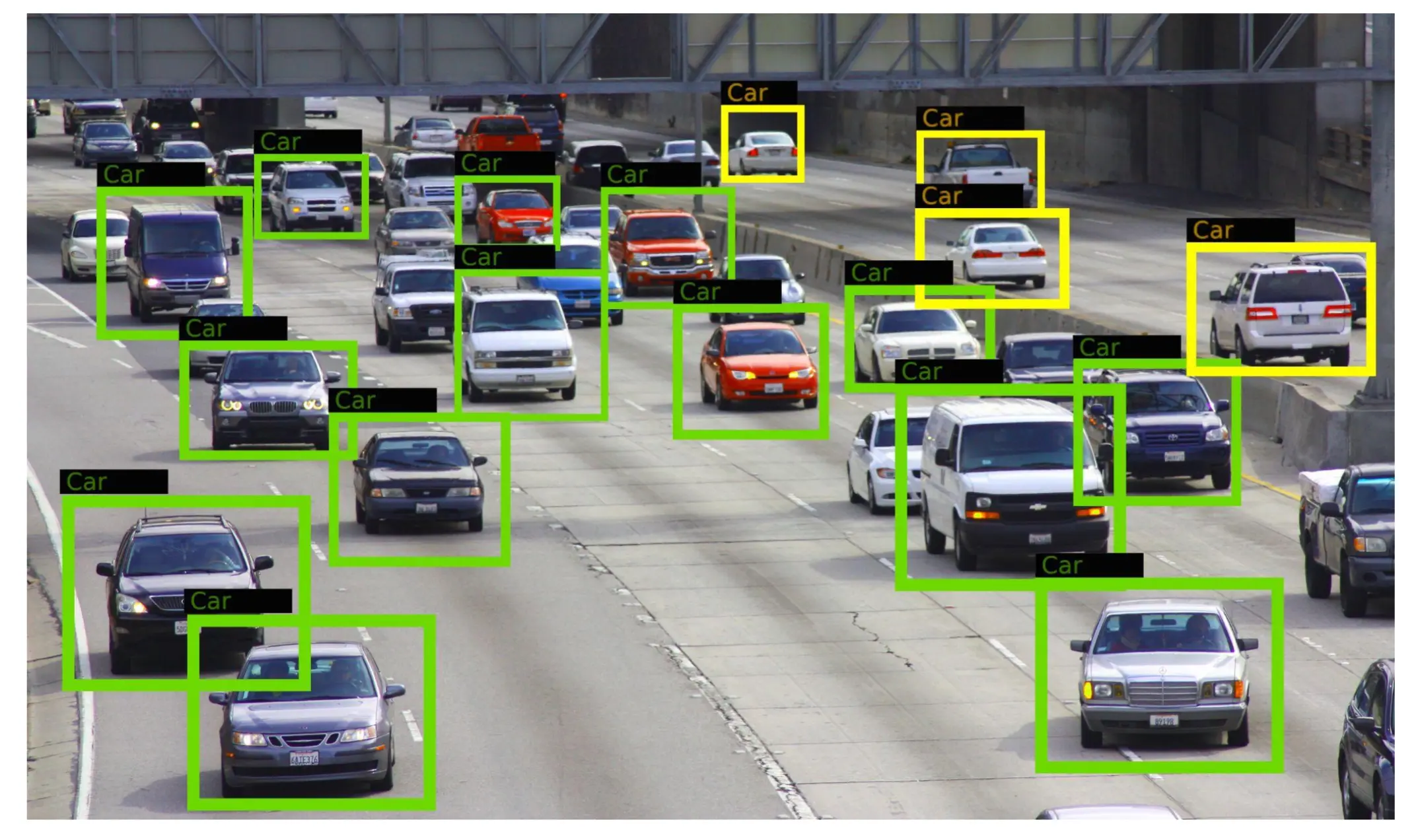- Publication: WEKA
- Publication Date: 2023
- Organizations mentioned: S&P Global, 451 Research, Higher education, Energy/Oil & Gas, Financial Services
- Publication Authors: Nick Patience, David Immerman
- Technical background required: Medium
- Estimated read time (original text): 45 minutes
- Sentiment score: 65%, somewhat positive
The “2023 Global Trends in AI Report” offers an overview of the current state of AI adoption in various industries, focusing on key findings about the challenges and opportunities businesses face in implementing AI technologies.
TLDR
Goal: The “2023 Global Trends in AI Report,” commissioned by S&P Global, aims to provide a comprehensive overview of the advancements and impacts of Artificial Intelligence (AI) in the business sector. The goal is to analyze how AI is maturing at an enterprise scale and its consequent influence on various industries and business practices.
Methodology:
- The report employs a mixed-method approach, combining qualitative analysis with statistical data to assess the current state of AI in the business world.
- It involves examining case studies, conducting surveys with industry professionals, and analyzing market trends.
- The methodology is designed to capture a broad spectrum of AI applications and their implications across different sectors.
Key Findings:
- AI Adoption and Impact: AI technologies are being adopted at an unprecedented rate, with a significant percentage of companies launching production-level AI projects. This adoption is leading to transformative changes in business models and operational processes.
- Industry-Specific Trends: Different industries are experiencing unique impacts and challenges with AI integration. Key sectors like finance, healthcare, and manufacturing are at the forefront of AI innovation, each with distinct use cases and outcomes.
- Data Management Challenges: A major finding is the increasing complexity and importance of data management in AI projects. Efficient data handling is becoming a critical success factor for AI implementation.
- AI and Revenue Generation: Companies are increasingly leveraging AI not just for cost-cutting but also as a driver for revenue generation, indicating a shift in the perception of AI’s role in business.
- Sustainability and AI: The report highlights the paradoxical relationship between AI and sustainability, discussing both the potential environmental impact of AI technologies and their role in driving sustainable business practices.
- AI at Enterprise Scale: A significant proportion of companies have reached a stage where they are scaling AI solutions enterprise-wide, indicating a maturity in AI capabilities and integration.
Recommendations:
- Strategic AI Implementation: Companies are advised to adopt a strategic approach to AI implementation, focusing on aligning AI projects with business goals and industry-specific needs.
- Investment in Data Management: Given the challenges highlighted, investing in robust data management systems is recommended to fully leverage AI’s potential.
- Balancing Innovation and Sustainability: Organizations should strive to balance AI-driven innovation with environmental and sustainability considerations.
- Continuous Learning and Adaptation: The dynamic nature of AI technology calls for continuous learning and adaptation within organizations to keep pace with advancements.
- Collaboration and Knowledge Sharing: Encouraging collaboration and knowledge sharing within and across industries is essential for maximizing the benefits of AI technologies.
Thinking Critically
Implications:
- Business Transformation and Competitive Edge: If organizations widely adopt AI as recommended, there will be a significant shift in business models, leading to more efficient, data-driven decision-making processes. This could create a competitive edge for early adopters, potentially widening the gap between technologically advanced companies and those slower to integrate AI. Conversely, failure to adopt these practices could result in some businesses falling behind, especially in sectors where AI is rapidly becoming a key differentiator.
- Economic and Employment Shifts: The widespread implementation of AI could lead to economic shifts, with industries like finance, healthcare, and manufacturing experiencing increased productivity and innovation. However, this could also lead to job displacement in roles that become automated, necessitating a focus on retraining and education to prepare the workforce for an AI-driven economy.
- Social and Ethical Considerations: The report’s findings imply a need for a balanced approach to AI, considering not only its business benefits but also its social and ethical implications. This includes addressing concerns around data privacy, AI bias, and the environmental impact of AI technologies. Ignoring these aspects could lead to public mistrust and potential regulatory challenges.
Alternative Perspectives:
- Methodological Limitations: One might argue that the report’s methodology, focused on current trends and case studies, may not fully capture the long-term implications of AI adoption. There’s a risk of overestimating the immediate benefits of AI while underplaying the challenges, such as the time and resources required for effective implementation.
- Overemphasis on AI as a Panacea: While the report highlights the transformative potential of AI, it’s important to recognize that AI is not a one-size-fits-all solution. The effectiveness of AI varies across industries and applications, and overreliance on AI could lead to neglecting other critical aspects of business innovation and human expertise.
- Underestimating Ethical and Societal Challenges: The report may underplay the ethical and societal challenges of AI adoption. Issues like algorithmic bias, job displacement, and data privacy require significant attention and could pose barriers to the widespread acceptance and integration of AI in business practices.
AI Predictions:
- Increased AI Integration in Small and Medium Enterprises (SMEs): Building on the report’s findings, it’s predicted that in the next few years, AI technologies will become more accessible, leading to increased adoption by SMEs, thereby democratizing AI benefits across a broader range of businesses.
- Growth of AI in Sustainable Business Practices: Given the focus on sustainability, it’s likely that AI will play a crucial role in developing more sustainable business practices, aiding in areas like energy efficiency, waste reduction, and supply chain optimization.
- Enhanced AI Regulation and Ethical Standards: As AI becomes more integrated into business and society, there will likely be an increase in regulatory frameworks and ethical standards governing AI use, focusing on privacy, bias, and transparency to ensure responsible AI deployment.
Glossary
- AI/ML Pioneers: Organizations that have successfully integrated at least one AI/ML project into their production processes, indicating a higher level of AI maturity.
- AI Explorers: Entities that have AI/ML projects in the proof of concept or pilot stage, indicating an early stage of AI integration.
- Inferencing: The process of using a trained AI model to make predictions or decisions, a critical phase in the AI/ML lifecycle.
- Data Governance: The management of data availability, usability, integrity, and security in an organization, especially crucial in AI/ML projects.
- Data Structure Standardization: The practice of organizing and maintaining data in a consistent format to enhance usability and efficiency in AI applications.
- Modern Data Architecture: A contemporary approach to managing and processing data, characterized by flexibility, scalability, and efficiency, often relying on cloud technologies.
- POC to Production: The transition phase where an AI/ML project moves from a pilot or proof-of-concept stage to a fully operational state within an organization.
- Data Silos: Isolated pockets of data within an organization, often leading to inefficiencies and challenges in data management and AI implementation.
Figures
Members also get access to our comprehensive database of AI tools and fundraising



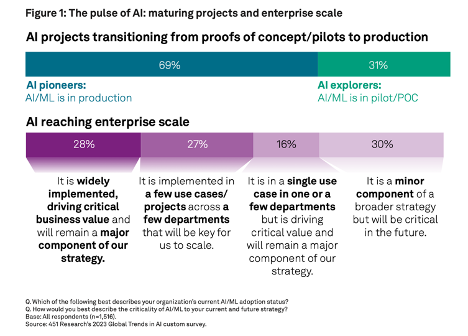
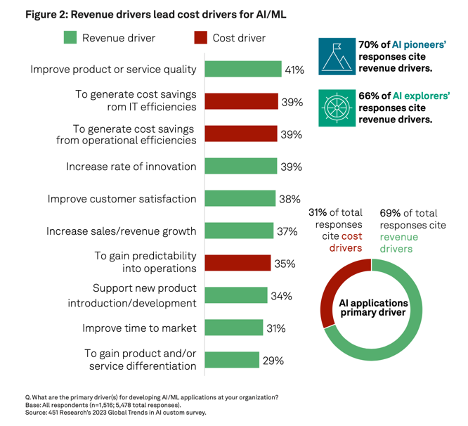
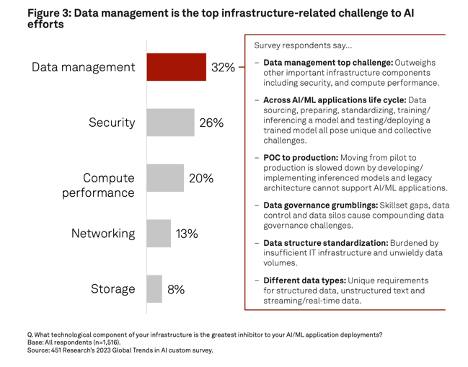
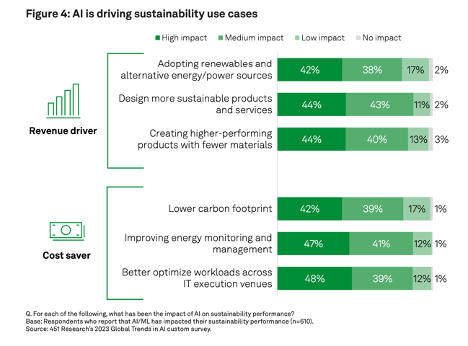
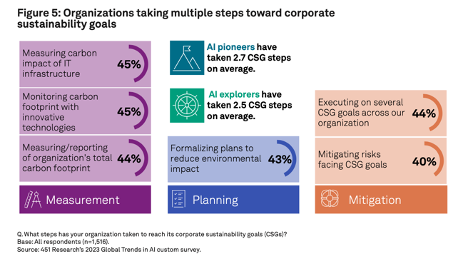
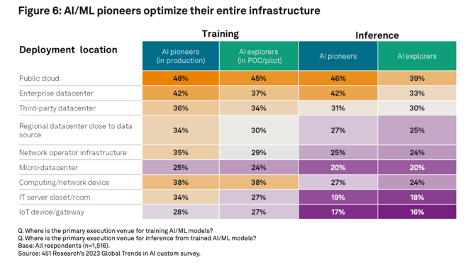
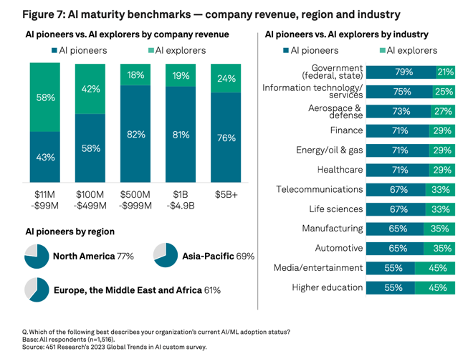
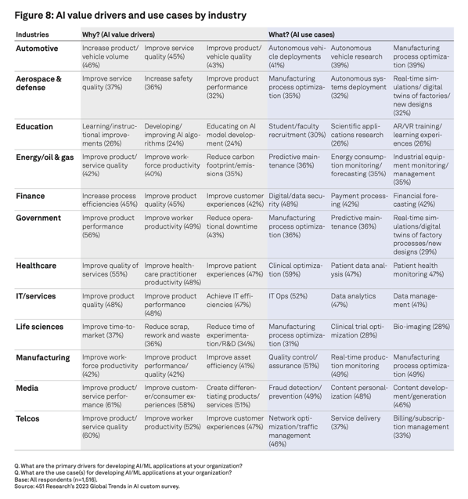
 Join hosts Anthony, Shane, and Francesca for essential insights on AI's impact on jobs, careers, and business. Stay ahead of the curve – listen now!
Join hosts Anthony, Shane, and Francesca for essential insights on AI's impact on jobs, careers, and business. Stay ahead of the curve – listen now!


